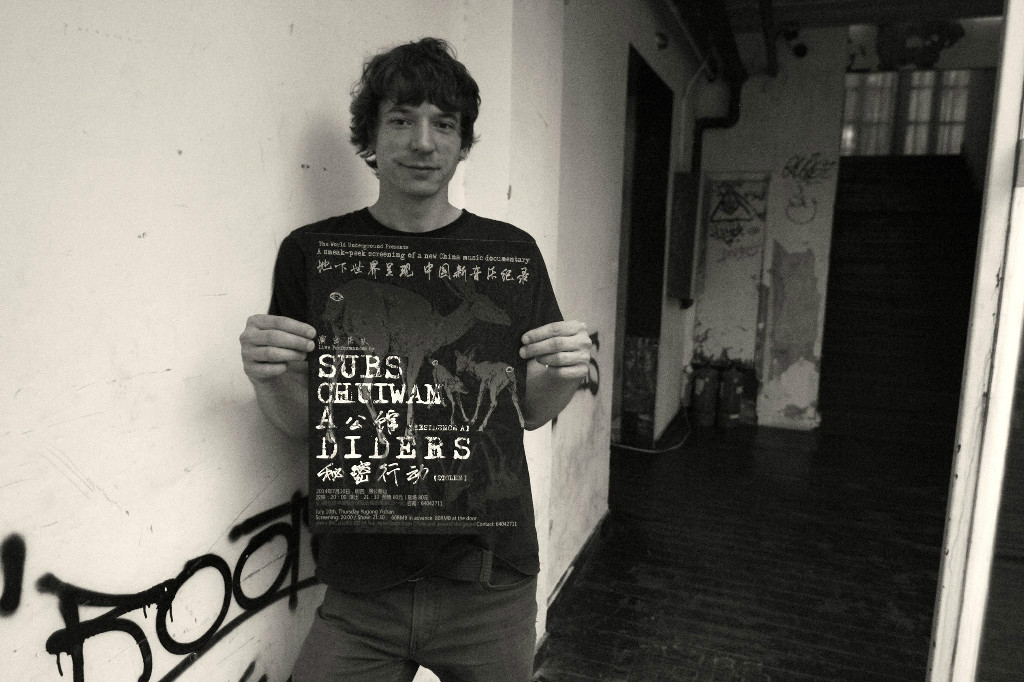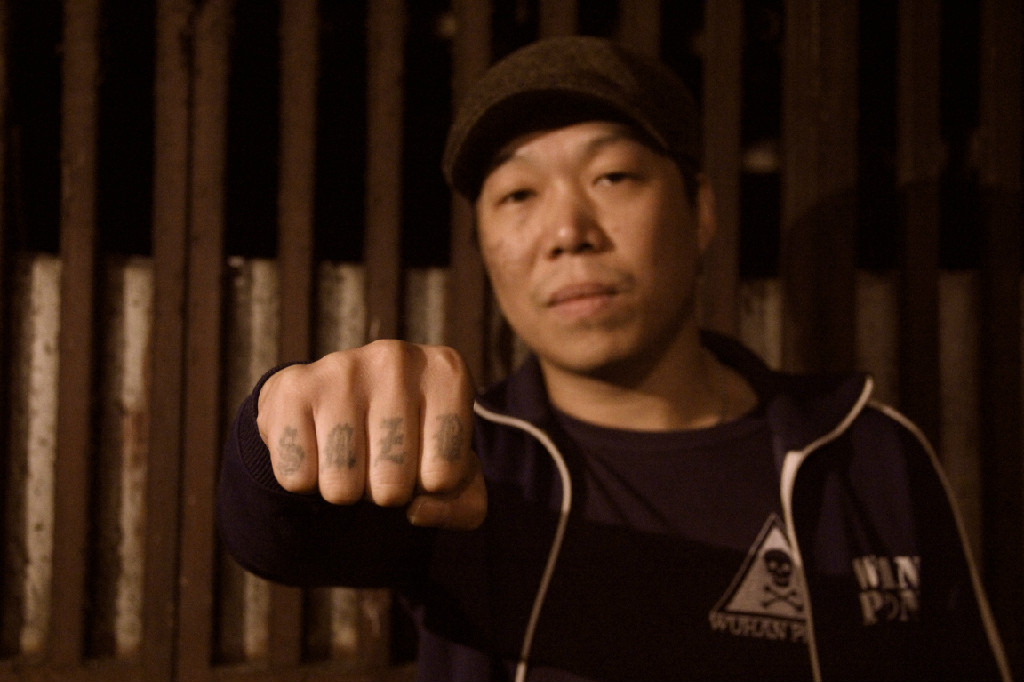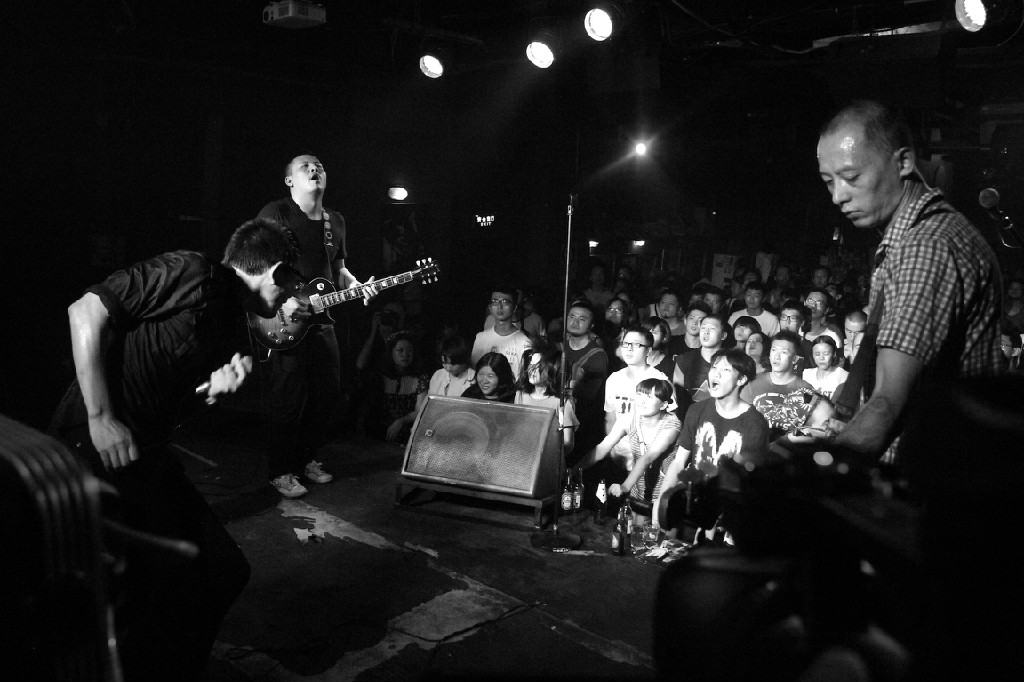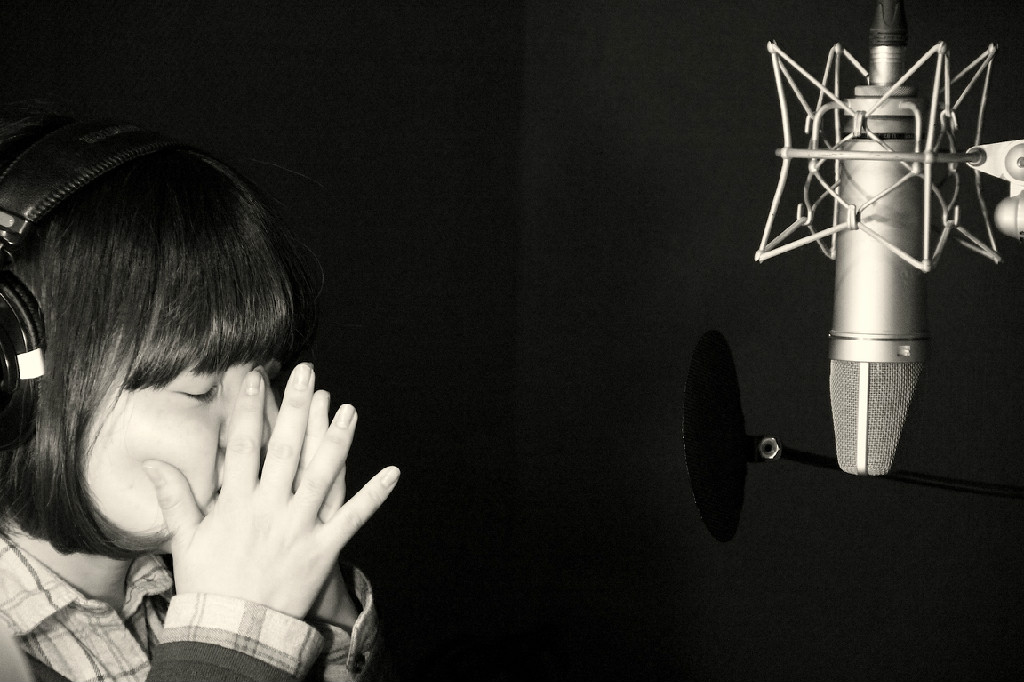An interview with the controversial John Yingling by Chris Stecher:
John YingLing interview – Issue 7 Précis:
So introduce yourself to our readers, what is your background, where do you hail from and what started your idea of the World Underground ?
My name is John Yingling. I’m from Appleton, Wisconsin, and consider Chicago a second home. My background is basically scouring dirty warehouses and bars, filming underground music. It basically all started in a Chicago warehouse called The Mopery, with a really junky Canon Powershot camera. It’s a long story, but Chicago’s support, through a blogger site called Gonzo Chicago, built the foundation for The World Underground. I’ll never forget that. They raised money for me, for a semi-proper videography and audio recording setup, and I ran with it from there. The World Underground idea came from many different aspects of my life. First, an interview with the band Handsome Furs. They gushed about China, and it made me dig, and find Josh Feola’s website Pangbianr. Josh was the catalyst to all of this, and connected me with Nevin Domer and in the end, P.K.14
I found myself constantly frustrated with music documentaries and American online music content, especially when looking at foreign scenes. Too often it was either way too short, way too sensationalist, or contained no further information on it’s subjects. Whether that be a dead film page that hadn’t been updated in 4 years, or simply lacking links to find out more. There are good people in every city around the world doing good things in this regard, but a lot of it doesn’t reach. I wanted to try and change this, but take it one step further, and create a global connectivity platform. Not only can you watch the film, and download a deep and ever-growing archive of live audio, but you can also connect with artists and labels across the globe. This will only grow with time, and trips filming new episodes..
———–
I notice that in episode one, you and your crew really try to incorporate the local culture into each one of PK14’s shows, the food, the nightlife, and not just the music, reminding me very much of a younger hipper versions of Anthony Bourdains shows without the pomposity. Was this an intentional aim from the start, or did it just naturally come out while filming?
I won’t say that Anthony Bourdain didn’t inspire me, because he did, and I’ll take any comparison as a compliment with a smile. He’s done a great job doing his world, with the Zero Point Zero production crew, who I bother often on Twitter and via e-mail, because I love what they do. I did want to attempt, in this first episode, to find a good middle ground between music, culture, and everything in-between. Food is obviously a huge part of people’s lives, so of course that will be included in each trip. Opinions on government, nightlife, local scenes. It’s all a part of these communities. My goal is be very mindful in what I include, how I present this information in the correct way. Even though one could say this is “just rock and roll” to me it’s much deeper, as music can build global community, especially considering how the world is opening up with the internet, and connection platforms.
——–
How long did the China Episode take you to produce from start to finish? And what was your biggest logistical hassle ?
We edited for a year and a half. Being a sort of “pilot” run, I knew it would be difficult. One of the biggest challenges would have to be translation. I traveled through so many different regions of China, not only did I have Cantonese and Mandarin, but also the other regional dialects. Although the reason it was so difficult was that I requested one minute time-code for the video, which in the end, is a lot of speaking, so from then on it was numerous back and forths to get the timing right for subtitles. Now I know what not to do. This was all a huge learning process, from proper interviews, running audio myself, filming b-roll. I can say with utmost certainty that future episodes will look better, as we have upgraded cameras. I’ve also learned so much on the process of it all, I’m very excited to move forward.
———–
I have been following your social media marketing, and I was intrigued that Rosanne Barr of all people retweeted your link. How did that come about ?
I always bother Roseanne on Twitter. That’s what Twitter is for, right? Bothering people who you’d never normally be able to contact? My mother and I used to watch her show back in the 90’s, and she’s somehow always responded to me, so I always bug her. I think it’s funny. If it gets one more person interested or gets them some new favorite bands, or a laugh in their day, then all this nerding out on a computer is worth it. I’m just throwing this at a wall, sometimes to no avail, and seeing what sticks.
—————
I have been in and seen the US underground punk and metal scene for over 20 years, and have only seen the Beijing and china scene for the last 2 years, yet it amazes me the level of energy put out by the vast majority of these bands that are fairly new to the scene. Where do you think the Chinese counterparts are getting their creative inspiration and energy from ?
China’s scene is, relatively speaking, fairly new. It’s only been a few decades. Their “new” music used to come literally, from the garbage. Cassette tapes and CD’s that were shipped over for recycling or to go in landfills, kids would pick them out of the trash, and sell them. “Black” audio. Once the internet started opening up, they were more able to dig through our history, find bands in a more proper way, sub-genres, all of that. Plus you had the influx of, as Helen Feng of Nova Heart said to me, the “all-knowing foreigner” who would come over with a handful of CD’s, and blow everyones minds with new music they could never know about. She’s quite sick of that attitude, but it held true for quite some time. Even myself, since this project has launches, I’ve been sent dozens of things from around the world I never would have been able to find otherwise. Israel. Serbia. Russia. Africa. It’s all there, but due to language, and just plain massive amounts of information that encompass the internet these days, it can be difficult to find.
I saw that the movie midpoints with the stop in Beijing, and I chuckled when you said that you saw a bunch of shows in a short amount of time. I know a couple of the bands you interviewed, so my question is this, did you see a decided difference in the attitudes of the BEIJING bands in relation to music influences than in the other bands you interviewed in other parts of the country ? And was your hangover worse ?
There is a difference, no question, but it might not be what you think. Beijing is China’s largest music scene, outside of Shanghai. One could compare the difference between, say, Chengdu and Beijing…like New York and Missoula, Montana (where I am currently.) There’s just not a critical mass of musicians and venues in Chengdu to make up the scene, like there is in Beijing. That in itself has a large difference in their attitudes. Bands like Stolen and Hiperson in Chengdu, they have few places to play, Little Bar being one of the only venues in Chengdu. That may make a local show mean a bit more, than in Beijing, where you can see a show every single night of the week, at any number of a dozen or so venues. Does it make them work harder, as a band? I can’t answer that. I did feel like the bands in Chengdu, Guangzhou, Wuhan, they seemed a little less jaded than some bands in Beijing…but I also saw a hell of a lot of work being put into productions, sound, song-writing, and overall craft in Beijing. It’s the same everywhere, really. America, Europe, Asia. If you are talented, push yourself, and have a certain finesse, you can make a run at doing well. On the flip-side, sometimes really great bands do everything they can, and nobody ever gives a shit. Sometimes really good bands only want to play to 50 kids in a dirty American basement, give their music out for free, and never tour. Who are we to say what’s right?
———
In interviewing some of the bands, you asked some of the members what their parents what they thought of the kids playing underground non mainstream music, did you get the feeling that this may be a universal parent/child situation, or do you think that some of the Chinese parental reactions were more severe than western cultures ?
I think it’s universal, parents not understanding. It’s the same thing the kids of the American 70’s said to their parents who grew up in the early 1900’s. A father who went to clubs in the 1920’s who hated the flower-power generation. Those fathers who grew up on The Beatles probably hates punk rock the same way. My parents love that I’m doing this, but I’m not so sure they understand what the full outcome could possibly be. I think now with some of these articles and interviews out, they’re beginning to. A lot of the last 2 years was me basically just telling people about the idea, and what it could be. I realized a few months ago that there was no way it matched up to what was in my brain. I’m happy I can show people what all my maniacal ramblings were about now, in proper form.
—————–
Crowdsourcing for music projects has been a big thing of late, to mixed reactions from both artists and patrons of media.. What are your thoughts on doing indie funding of music projects in general, and are you thinking of going more mainstream for funding like gofundme ?
Somebody didn’t do their research! This project is only operational because of Indiegogo campaigns, and will probably continue to be! Jab! Haha.
As for music, there’s a lot of debate. I guess I’m all for bands running fundraisers for a record, when they treat it like a pre-order scenario. Then you help pay for the record, and you get the record. Case closed. There’s so much heated debate on bands that use crowd-funding for tours. So many of the older generation who busted their ass at crappy jobs all year just to take a two week trek to the East Coast and back. I get that. I really do.
In the end, crowd-funding is here to stay, and at the end of the day, if you want to support something, go ahead and support it. I don’t know of a single music related crowd-funding campaign that reached it’s goal without people who want to back it. It’s their money. If they want to throw down $20 to get a donation perk, and help someone they love spread their art, why rip that apart?
—————–
There is limited US market penetration for Chinese bands right now, some of the reasons are outlined by some of the band members , such as visa problems and the like. Where do you think chinese underground will be internationally in five years ?
That’s a loaded question. Nevin Domer, in the film, is correct in saying that mainstream media is now just beginning to look at the Chinese scene not just as a cultural story, but as a music scenes, for music’s sake. This is good. The internet is amazing nowadays, and to tie in your previous question, I think crowd-funding could be a huge tool in bringing over some smaller acts like Stolen, to America. The internet’s reach is now vast, but sometimes it’s also like shouting at a wall. It’s impossible to say where China will go from here, besides upward. There are dozens more places to play in smaller cities, and good bands cropping up all over. We should all be watching. I hope that this project will be a small catalyst to opening people’s eyes on what’s happening around the world.
You can also check this interview on the issue 7 of “Précis” and many more articles at this address, just click on it !
http://issuu.com/istech24/docs/precis_issue_seven_4_30_2015
Nevin Domer www.genjingrecords.com
Stolen http://site.douban.com/stolen/
Hiperson http://site.douban.com/hiperson/
Little Bar : http://site.douban.com/littlebar/
Pangbianr : www.pangbianr.com



